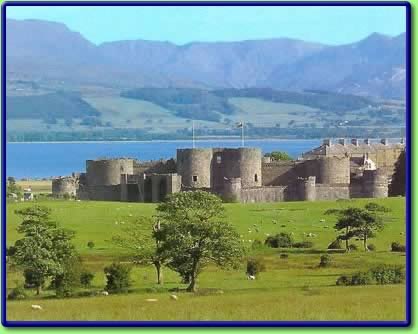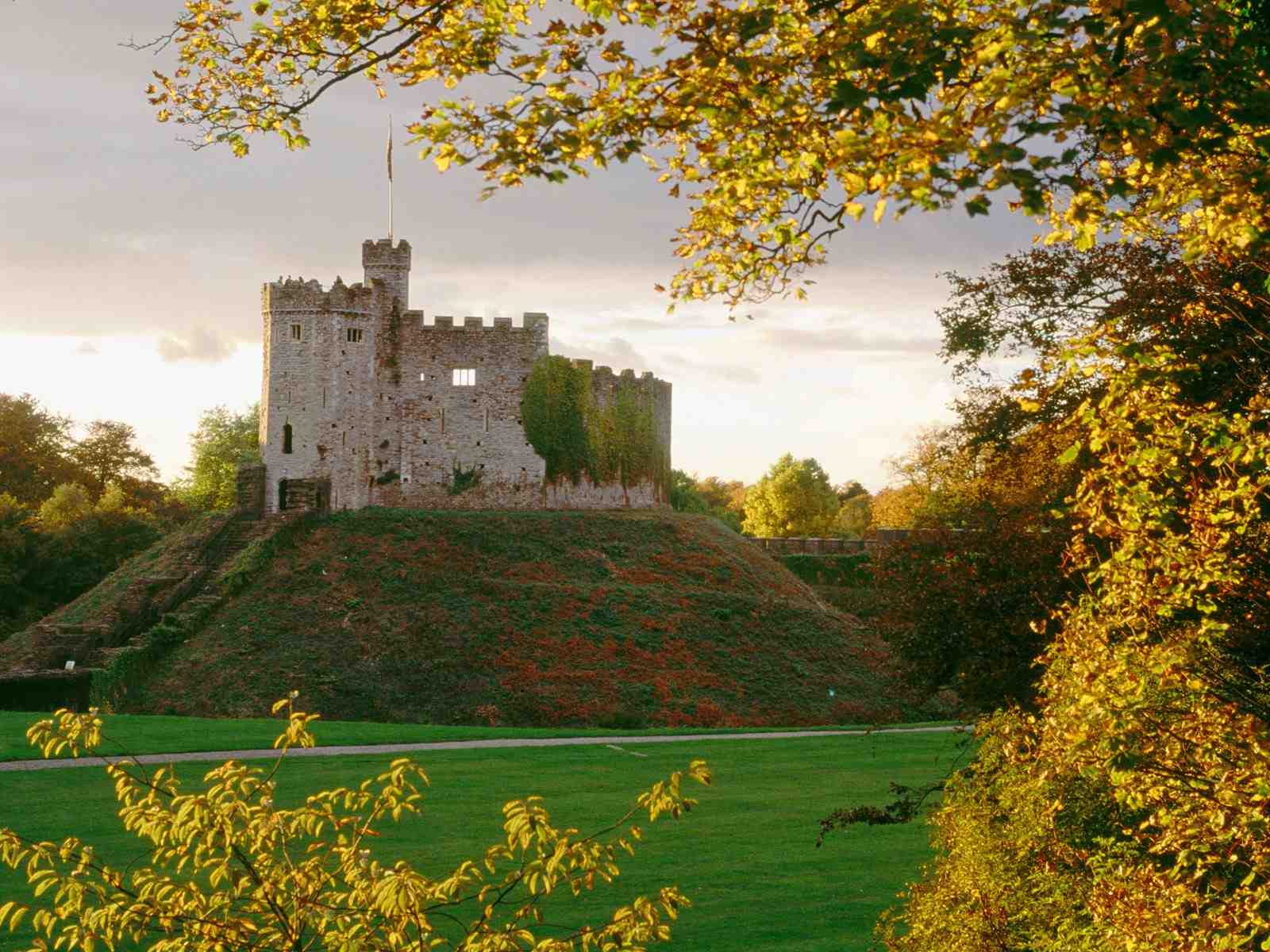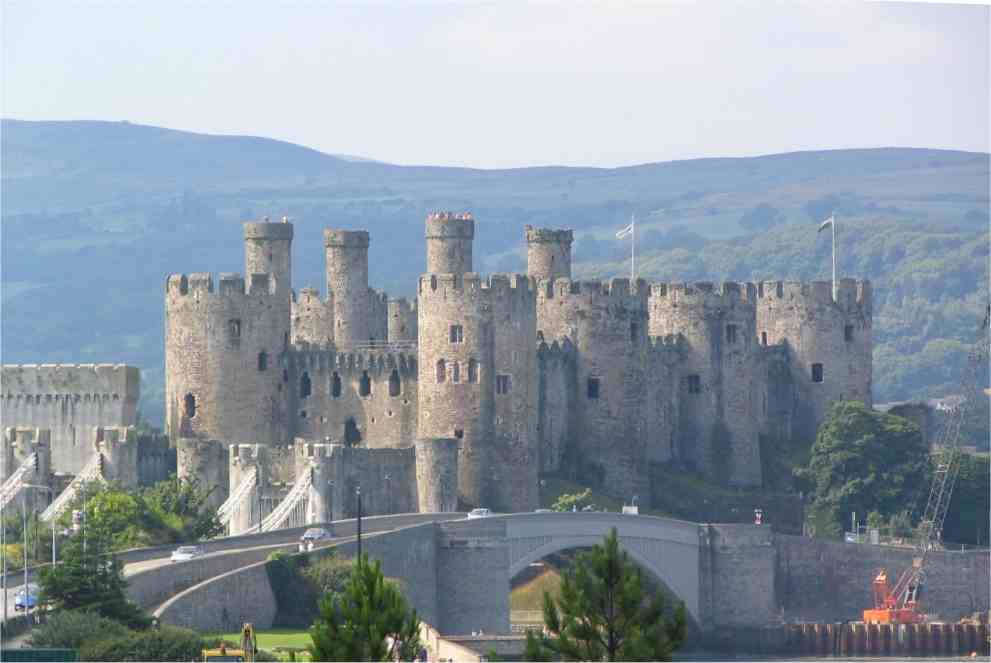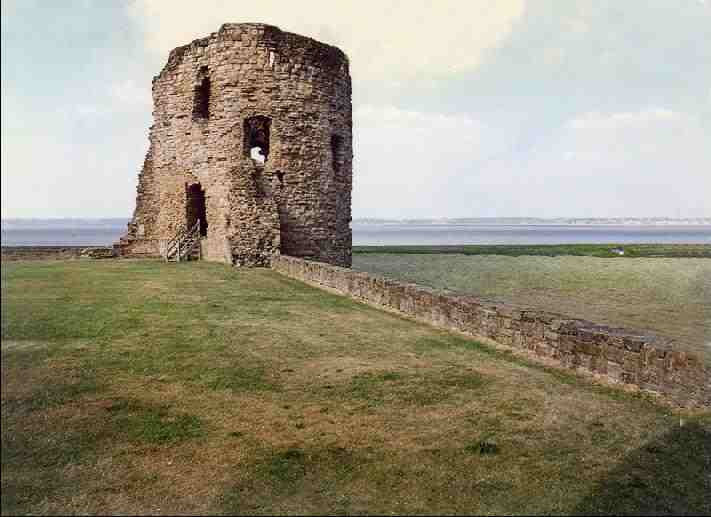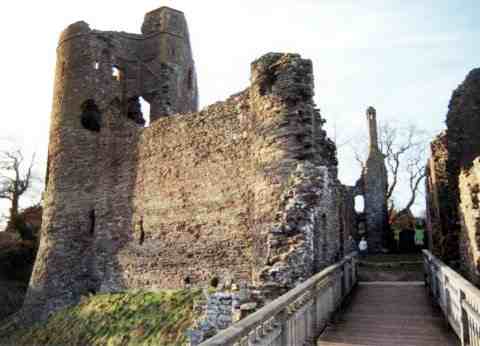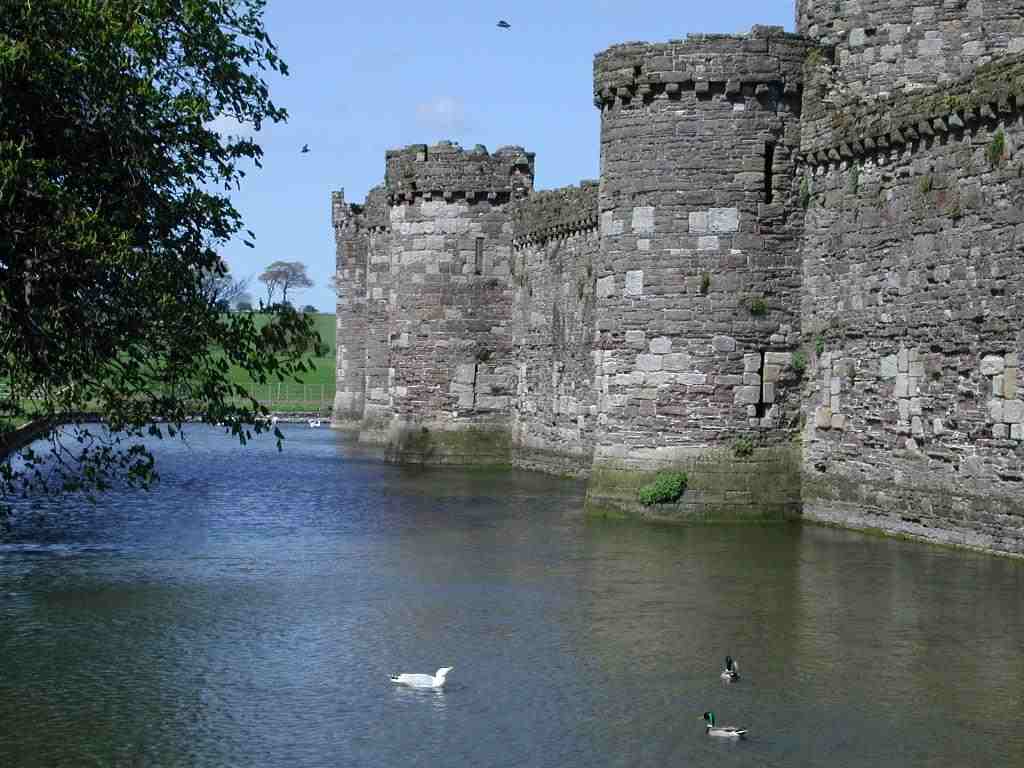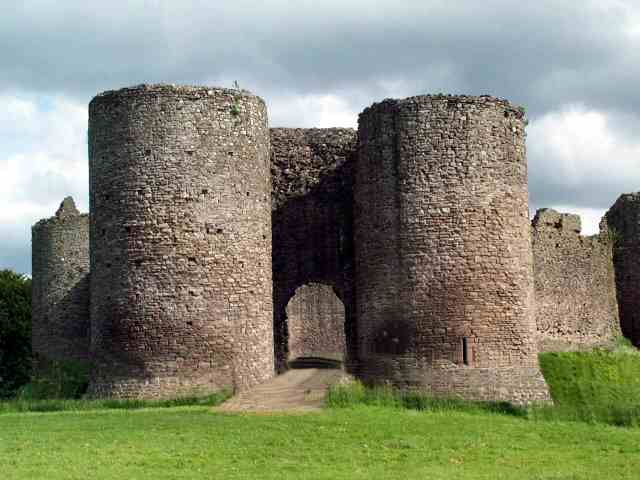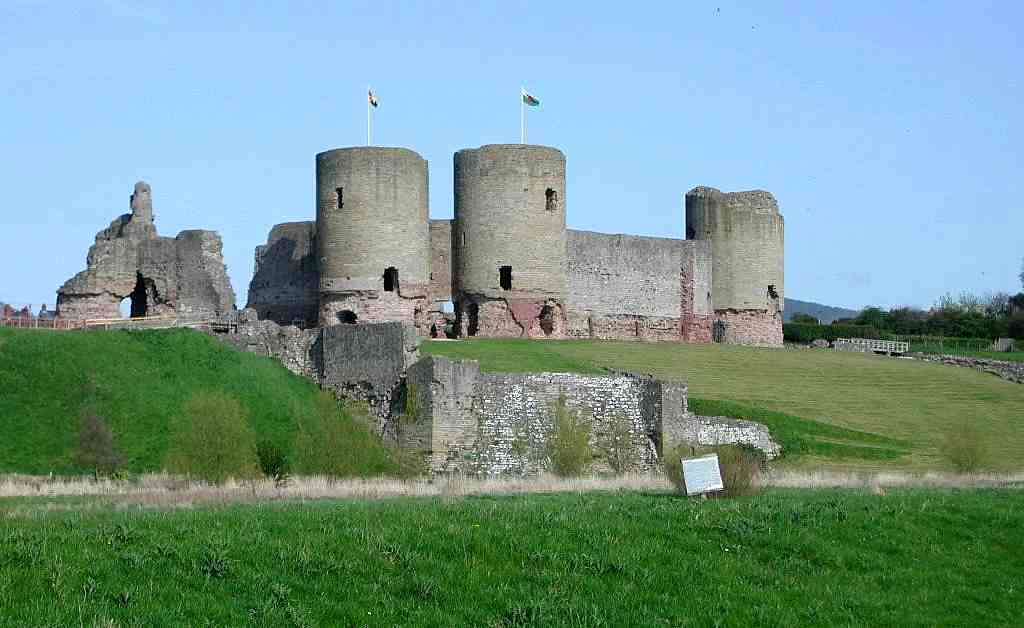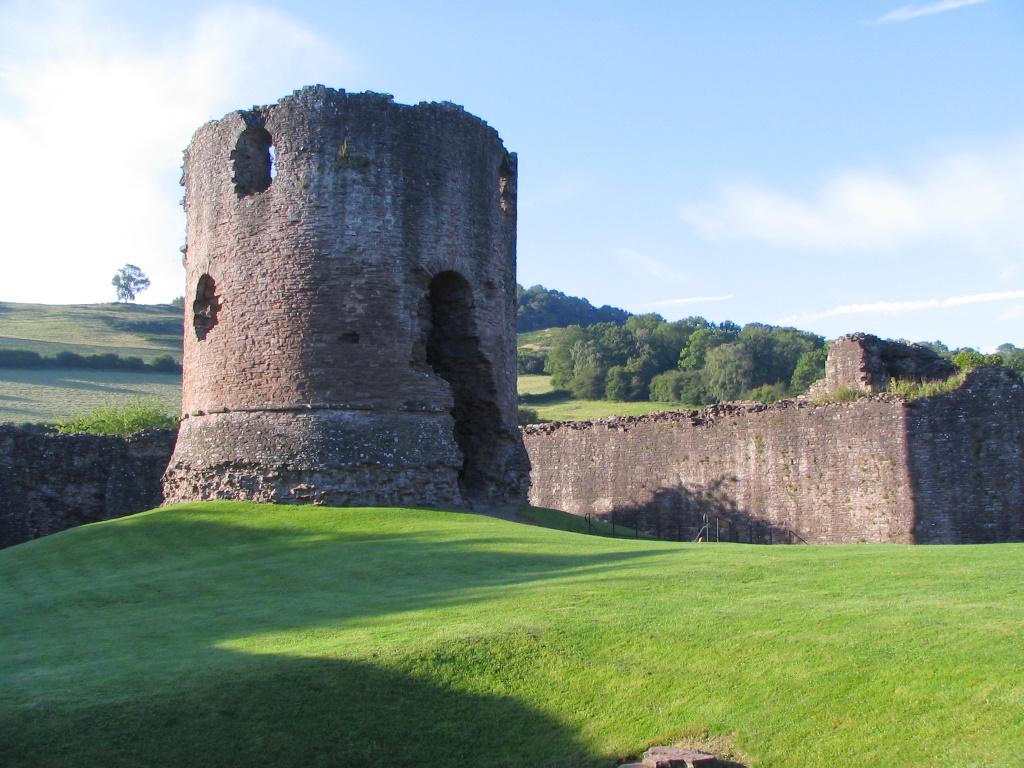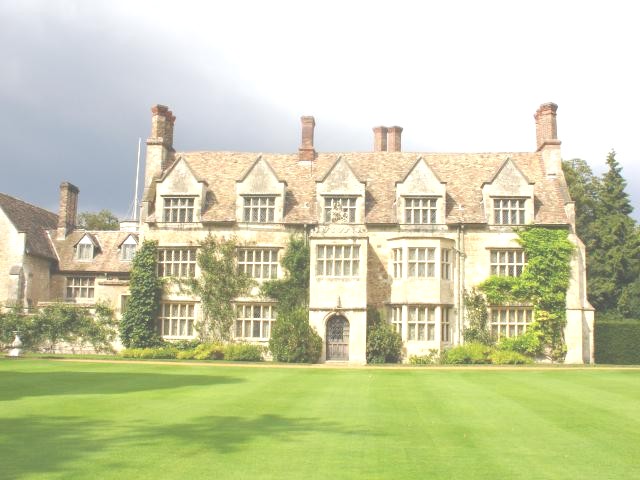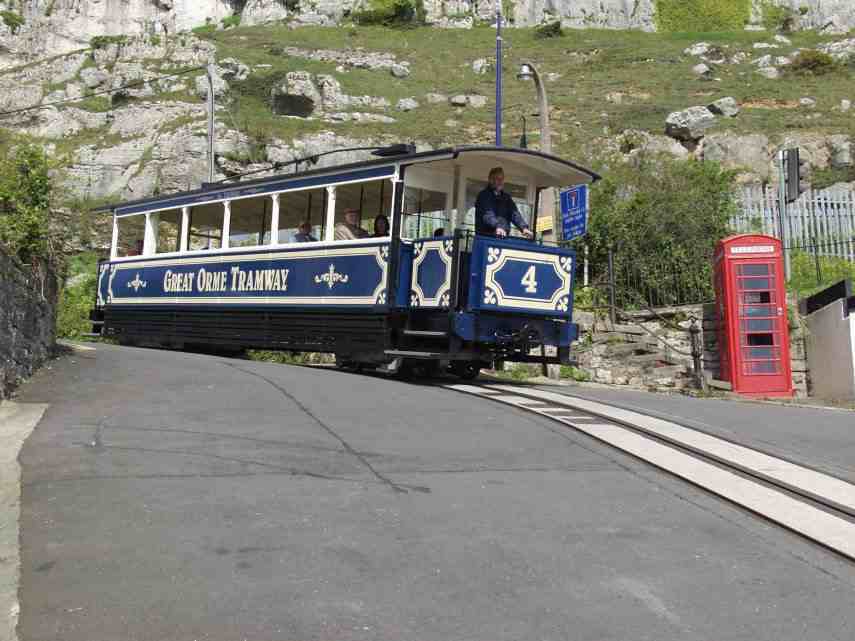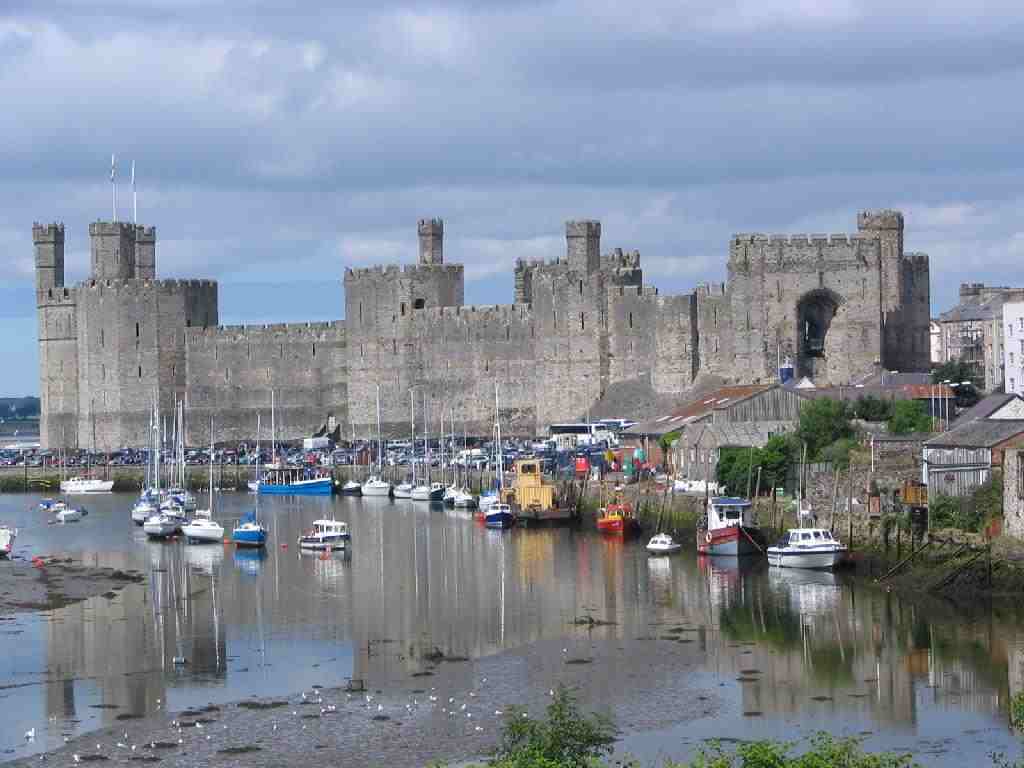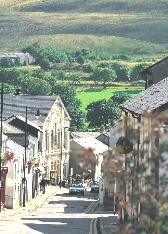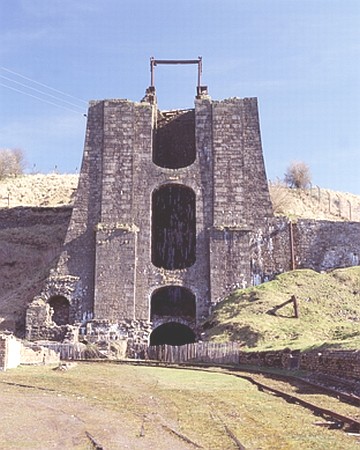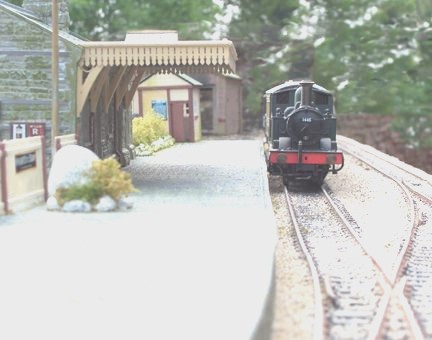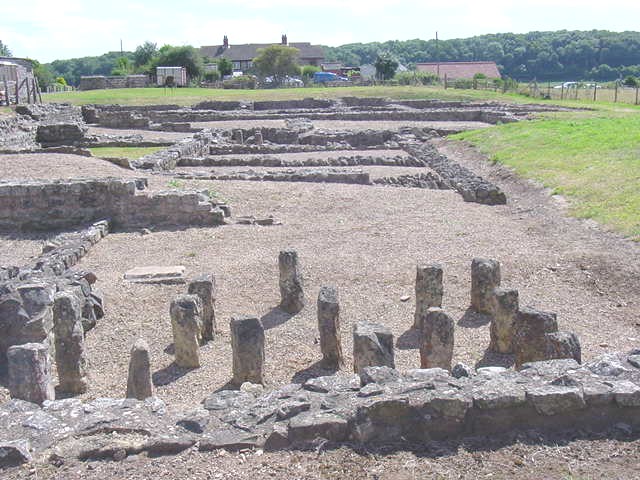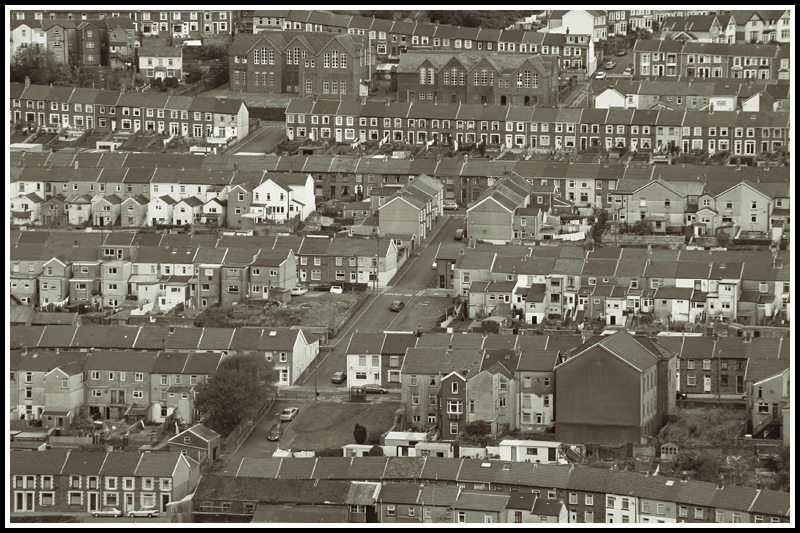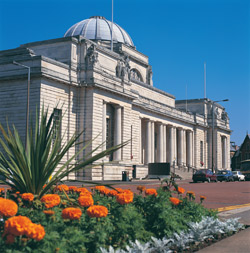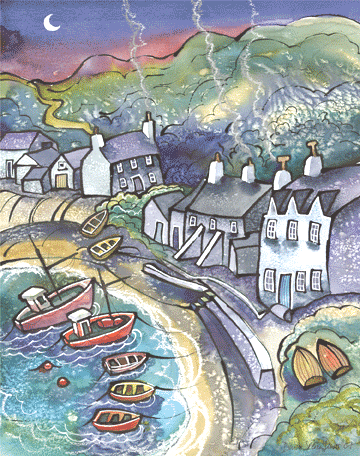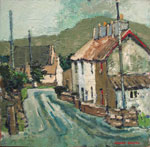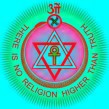
The Writings of Annie Besant
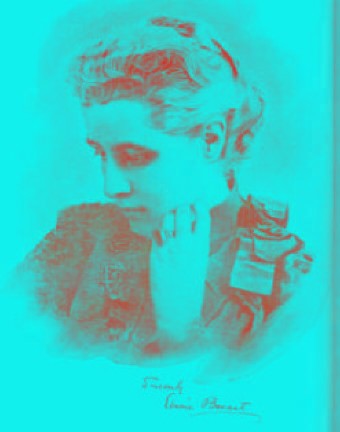
(1847 -1933)
The Law of Rebirth
REINCARNATION
IN THE PAST
THERE is,
perhaps, no philosophical doctrine in the world that has so magnificent an intellectual
ancestry as that of reincarnation-the unfolding of the human spirit through
recurring lives on earth, experience being gathered during the earth life and
worked up into intellectual faculty and conscience during the heaven-life, so
that a child is born with his past experiences transmuted into mental and moral
tendencies and powers. As Max Muller truly remarked, the greatest minds
humanity has produced have accepted reincarnation. Reincarnation is taught and
illustrated in the great epics of the Hindus as an undoubted fact on which
morality is based, and the splendid Hindu literature, which is the admiration
of European scholars, is permeated with it. The Buddha taught it and constantly
spoke of his past births. Pythagoras did the same, and Plato included it in his
philosophical writings. Josephus states that it was accepted among the Jews,
and relates the story of a captain who encouraged his soldiers to fight to the
death by reminding them of their return to earth. In The Wisdom of Solomon it is
stated that coming into an undefiled body wins the reward of 'being good'. The
Christ accepted it, telling His disciples that John the Baptist was Elijah.
Virgil and Ovid take it for granted. The ritual composed by the learning of
The
reappearance of the belief in reincarnation is not, therefore, an emergence of
a belief of savages among civilised nations, but a
sign of recovery from a temporary mental aberration in Christendom, from the
de-rationalisation of religion which has wrought so
much evil and has given rise to so much scepticism
and materialism. To assert the special creation of a soul for every fresh body,
implying that the coming into existence of a soul depends on the formation of a
body, inevitably leads to the conclusion that with the death of the body the
soul will pass out of existence; that a soul with no past
THE LAW OF
RE-BIRTH
should have
an everlasting future is as incredible as that a stick should exist with only
one end. Only a soul which is unborn can hope to be undying. The loss of the
teaching of reincarnation-with its temporary purgatory for working out evil
passions and its temporary heaven for the transmutation of experience into
faculty-gave rise to the idea of a never-ending heaven for which no one is good
enough, and a never-ending hell for which no one is wicked enough, confined
human evolution to an inappreciable fragment of existence, hung an everlasting
future on the contents of a few years, and made life an unintelligible tangle
of injustices and partialities, of unearned genius and unmerited criminality,
an intolerable problem to the thoughtful, tolerable only to blind and
foundationless faith.
REINCARNATION
AND ITS NECESSITY
There are
but three explanations of human inequalities, whether of faculties, of opportunities,
of circumstances: 1. Special creation by God, implying that man is helpless,
his destiny being controlled by an arbitrary and incalculable will. II.
Heredity, as suggested by science, implying an equal helplessness on man's
part, he being the result of a past, over which he had no control. III.
Reincarnation, implying that man can become master of his destiny, he being the
result of his own individual past, being what he has made himself.
Special
creation is rejected by all thoughtful people as an explanation of the
conditions round us, save in the most important conditions of all, the
character with which and the environment into which an infant is born.
Evolution
is taken for granted in everything except in the life of spiritual intelligence
called man; he has no individual past, although he has an individual endless
future. The character he brings with him-on which more than on anything else
his destiny on earth depends-is, on this hypothesis, specially created for him
by God, and imposed on him without any choice of his own; out of the lucky bag
of creation he may draw a prize or a blank, the blank being a'doom
of misery; such as it is, he must take it.
If he draw
a good disposition, fine capacities, a noble nature, so much the better for
him; he has done nothing to deserve them. If he draw congenital criminality,
congenital idiocy, congenital disease, congenital drunkenness, so much the
worse for him; he has done nothing to deserve them. If everlasting bliss be
tacked on to the one and everlasting torment to the other the unfortunate one
must accept his ill fate as he may. Hath not the potter power over the clay?
Only it seems sad if the clay be sentient.
In another
respect special creation is grotesque. A spirit is specially created for a
small body which dies a few hours after birth. If life on earth has any
educational or experimental value that spirit will be the poorer forever by
missing such a life, and the lost opportunity can never be made good. If, on
the other hand, human life on earth is of no essential importance and carries
with it the certainty of many ill doings and sufferings and the possibility of
everlasting suffering at the end of it, the spirit that comes into a body that
endures to old age is hardly dealt with, as it must endure innumerable ills
escaped by the other without any equivalent advantage, and may be damned
forever.
THE LAW OF
RE-BIRTH
The list of
injustices brought about by special creation might be extended indefinitely,
for it includes all inequalities, it has made myriads of atheists, as
incredible by the intelligence and revolting to the conscience. It places man
in the position of the inexorable creditor of God, stridently demanding: 'Why
has thou made me thus?'
The
hypothesis of science is not as blasphemous as that of special creation, but
heredity only explains bodies; it throws no light on the evolution of
intelligence and conscience. The Darwinian theory tried to include these, but
failed lamentably to explain how the social virtues could be evolved in the
struggle for existence. Moreover, by the time the parents had acquired their
ripest fruition of high qualities the period of reproduction was over; children
are for the most part born in the hey-day of physical vigour
while the intellectual and moral qualities of their parents are immature. Later
studies have, however, shown that acquired qualities are not transmissible, and
that the higher the type the fewer the offspring.
'Genius is
sterile', says science, and thus sounds the knell of human progress if heredity
be its motive power. Intelligence and reproductive power vary inversely; the
lower the parents the more prolific are they. With the discovery that acquired
qualities are not transmissible science has come up against a dead wall. It can
offer no explanation of the facts of high intelligence and saintly life. The
child of a saint may be a profligate; the child of a genius may be a dolt.
Genius 'comes out of the blue'
This glory
of humanity, from the scientific standpoint, seems outside the law of
causation. Science does not tell us how to build strong minds and pure hearts
for the future. She does not threaten us with an arbitrary will, but she leaves
us without explanation of human inequalities. She tells us that the drunkard
bequeaths to his children bodies prone to disease, but she does not explain why
some unhappy children are the recipients of the hideous legacy.
Reincarnation
restores justice to God and power to man. Every human spirit enters into human
life a germ, without knowledge, without conscience, without discrimination. By
experience, pleasant and painful, man gathers materials, and as before
explained, builds them into mental and moral faculties. Thus the character he
is born with is self-made, and marks the stage he has reached in his long
evolution. The good disposition, the fine capacities, the noble nature are the
spoils of many a hard-fought fight, the wages of heavy and arduous toil. The
reverse marks an early stage of growth, the small development of the spiritual
germ.
The savage
of today is the saint of the future; all tread a similar road; all are destined
to ultimate human perfection. Pain follows on mistakes and is ever remedial;
strength is developed by struggle; we reap, after every sowing, the inevitable
result; happiness growing out of the right, sorrow out of the wrong. The babe
dying shortly after birth pays in the death a debt owing from the past, and
returns swiftly to earth, delayed but for brief space and free of his debt to
gather the experience necessary for his growth. Social virtues, though placing
a man at a disadvantage in the struggle for existence, perhaps even leading to
the sacrifice of his physical life, build a noble character for his future
lives and shape him to become a servant of the nation.
THE LAW OF
RE-BIRTH
Genius inheres
in the individual as the result of many lives of effort, and the sterility of
the body it wears does not rob the future of its services, as it returns
greater on every re-birth. The body poisoned by a father's drunkenness is taken
by a spirit learning by a lesson of suffering to guide its earthly life on
lines better than those followed in the past.
And so in
every case the individual past explains the individual present, and when the
laws of growth are known and obeyed a man can build with a sure hand his future
destiny, shaping his growth on lines of ever-increasing beauty until he reaches
the stature of the Perfect
WHY OUR
PAST LIVES ARE FORGOTTEN
No question
is more often heard when reincarnation is spoken of than: 'If I were here
before, why do I not remember it?' A little consideration of facts will answer
the question.
First of
all, let us note the fact that we forget more of our present lives than we
remember. Many people cannot remember learning to read; yet the fact that they
can read proves the learning. Incidents of childhood and youth have faded from
our memory, yet they have left traces on our character. A fall in babyhood is
forgotten, yet the victim is none the less a cripple. And this, although we are
using the same body in which the forgotten events were experienced.
These
events, however, are not wholly lost by us; if a person be thrown into a
mesmeric trance, they may be drawn from the depths of memory; they are
submerged, not destroyed. Fever patients have been known to use in delirium a
language known in childhood and forgotten in maturity. Much of our subconsciousness consists of these submerged experiences,
memories thrown into the background but recoverable.
If this be
true of experiences encountered in the present body, how much more must it be
true of experiences encountered in former bodies, which died and decayed many
centuries ago. Our present body and brain have had no share in those far-off
happenings; how should memory assert itself through them? Our permanent body,
which remains with us throughout the cycle of reincarnation, is the spiritual
body; the lower garments fall away and return to their elements ere we can
become reincarnated.
The new
mental, astral and physical matter in which we are reclothed
for a new life on earth receives from the spiritual intelligence, garbed only
in the spiritual body, not the experiences of the past, but the qualities,
tendencies and capacities which have bee"n made
out of those experiences. Our conscience, our instinctive response to emotional
and intellectual appeals, our recognition of the force of a logical argument,
our assent to fundamental principles of right and wrong, these are the traces
of past experience. A man of a low intellectual type cannot 'see' a logical or
mathematical proof; a man of low moral type cannot 'feel' the compelling force
of a high moral ideal.
When a
philosophy or a science is quickly grasped and applied, when an art is mastered
without study, memory is there in power, though past facts of learning are
forgotten; as Plato said, it is reminiscence. When we feel intimate with a
stranger on first meeting, memory is there, the spirit's recognition of a
friend of ages past; when we shrink back with strong repulsion from another
stranger,
memory is
there, the spirit's recognition of an ancient foe.
These
affinities, these warnings, come from the undying spiritual intelligence which
is ourself; we remember, though working in the brain
we cannot impress on it our memory. The mind-body, the brain, are new; the
spirit furnishes the mind with the results of the past, not with the memory of
its events. As a merchant, closing the year's ledger and opening a new one,
does not enter in the new one all the items of the old, but only its balances,
so does the spirit hand on to the new brain his judgments on the experiences of
a life that is closed, the conclusions to which he has come, the decisions at
which he has arrived. This is the stock handed on to the new life, the mental
furniture for the new dwelling-a real memory.
Rich and
varied are these in the highly evolved man; if these are compared with the
possessions of the savage, the value of such a memory of a long past is patent.
No brain could store the memory of the events of numerous lives; when they are
concreted into mental and moral judgments they are available for use; hundreds
of murders have led up to the decision 'I must not kill'; the memory of each
murder would be a useless burden, but the judgment based on their results, the
instinct of the sanctity of human life, is the effective memory of them in the civilised man.
Memory of
past events, however, is sometimes found; children have occasional fleeting
glimpses of their past, recalled by some event of the present; an English boy
who had been a sculptor recalled it when he first saw some statues; an Indian
child recognised a stream in which he had been
drowned as a little child in a preceding life, and the mother of that earlier
body. Many cases are on record of such memory of past events.
Moreover, such
memory can be gained. But the gaining is a matter of steady effort, of
prolonged meditation, whereby the restless mind, ever running outwards, may be
controlled and rendered quiescent, so that it may be sensitive and responsive
to the spirit and receive from him the memory of the past. Only as we can hear
the still small voice of the spirit may the story of the past be unrolled, for
the spirit alone can remember and cast down the rays of his memory to enlighten
the darkness of the fleeting lower nature to which he is temporarily attached.
Cinder such
conditions memory is possible, links of the past are seen, old friends are recognised, old scenes recalled, and a subtle inner
strength and calm grows out of the practical experience of immortality. Present
troubles grow light when seen in their true proportions as trivial and
transient events in an unending life; present joys lose their brilliant colours
when seen as repetitions of past delights; and both alike are equally accepted
as useful experiences, enriching mind and heart and contributing to the growth
of the unfolding life.
Not until
pleasure and pain, however, have been seen in the light of eternity can the
crowding memories of the past be safely confronted; when they have thus been
seen, then those memories calm the emotions of the present, and that which
would otherwise have crushed becomes a support and consolation. Goethe rejoiced
that on his return to earth-life he would be washed clean of his memories, and
lesser men may be content with the wisdom which starts each new life on its
way, enriched with the results, but unburdened with the recollections of its
past.
History
of the Theosophical Society
For more info on Theosophy
Try these

Cardiff Theosophical Society meetings
are informal
and there’s always a cup of tea afterwards
The Cardiff Theosophical
Society Website
The National Wales Theosophy Wesbsite
Dave’s Streetwise Theosophy
Boards
If
you run a Theosophy Group then please
Feel
free to use any material on this Website
Theosophy
Cardiff’s Instant Guide to Theosophy
One
Liners & Quick Explanations
The main criteria for the
inclusion of
links on this site is that they are
have some
relationship (however tenuous) to
Theosophy
and are lightweight, amusing or
entertaining.
Topics include Quantum Theory
and Socks,
Dick Dastardly and Legendary Blues Singers.
No
Aardvarks were harmed in the
History
of the Theosophical Society
General pages about Wales,
Welsh History
and The History of Theosophy in
Wales
Her Teachers Morya & Koot Hoomi
The
Most Basic Theosophy Website in the Universe
If you run a Theosophy Group
you can use
this as an introductory handout
Lentil burgers, a thousand
press ups before breakfast and
the daily 25 mile run may put it
off for a while but death
seems to get most of us in the end.
We are pleased to
present for your consideration, a
definitive work on the
subject by a Student of Katherine Tingley entitled
Theosophy and the Number Seven
A selection of articles
relating to the esoteric
significance of the Number 7
in Theosophy
The Spiritual Home of Urban Theosophy
The Earth Base for Evolutionary Theosophy
Classic Introductory Theosophy Text
A Text Book of Theosophy By C
What Theosophy Is From the Absolute to Man
The Formation of a Solar System The Evolution of Life
The Constitution of Man After Death Reincarnation
The Purpose of Life The Planetary Chains
The Result of Theosophical Study
An Outstanding
Introduction to Theosophy
By a student of
Katherine Tingley
Elementary Theosophy Who is the Man? Body and Soul
Body, Soul and Spirit Reincarnation Karma
Helena Petrovna Blavatsky 1831 – 1891
The Founder of Modern Theosophy
Index of Articles by
By
H P Blavatsky
Is the Desire to Live Selfish?
Ancient Magic in Modern Science
Precepts Compiled by H P Blavatsky
Obras
Por H P Blavatsky
En Espanol
Articles about the Life of H P Blavatsky
Try these if you are
looking for a
local
Theosophy Group or Centre
UK Listing of
Theosophical Groups
Worldwide
Directory of Theosophical Links

General pages about Wales,
Welsh History
and The History of Theosophy in
Wales
Wales is a
Principality within the United Kingdom
and has an eastern
border with England.
The land area is
just over 8,000 square miles.
Snowdon in North Wales is the highest mountain at 3,650 feet.
The coastline is almost
750 miles long.
The population of Wales as at the 2001 census is 2,946,200.
Nature is infinite in space and
time -- boundless and eternal, unfathomable and ineffable. The all-pervading
essence of infinite nature can be called space, consciousness, life, substance,
force, energy, divinity -- all of which are fundamentally one.
2) The finite and the infinite
Nature is a unity in
diversity, one in essence, manifold in form. The infinite whole is composed of
an infinite number of finite wholes -- the relatively stable and autonomous
things (natural systems or artefacts) that we observe
around us. Every natural system is not only a conscious, living, substantial
entity, but is consciousness-life-substance, of a particular range of density
and form. Infinite nature is an abstraction, not an entity; it therefore does
not act or change and has no attributes. The finite, concrete systems of which
it is composed, on the other hand, move and change, act and interact, and
possess attributes. They are composite, inhomogeneous, and ultimately
transient.
3)
Vibration/worlds within worlds
The one essence manifests not
only in infinitely varied forms, and on infinitely varied scales, but also in
infinitely varying degrees of spirituality and substantiality, comprising an
infinite spectrum of vibration or density. There is therefore an endless series
of interpenetrating, interacting worlds within worlds, systems within systems.
The energy-substances of
higher planes or subplanes (a plane being a
particular range of vibration) are relatively more homogeneous and less
differentiated than those of lower planes or subplanes.
Just
as boundless space is comprised of endless finite units of space, so eternal
duration is comprised of endless finite units of time.
Space is the infinite totality of worlds within worlds, but appears
predominantly empty because only a tiny fraction of the energy-substances
composing it are perceptible and tangible to an entity at any particular
moment. Time is a concept we use to quantify the rate at which events occur; it
is a function of
change
and motion, and presupposes a succession of cause and effect. Every entity is
extended in space and changes 'in time'.
All change (of position,
substance, or form) is the result of causes; there is no such thing as absolute
chance. Nothing can happen for no reason at all for nothing exists in
isolation; everything is part of an intricate web of causal interconnections and
interactions. The keynote of nature is harmony: every action is automatically
followed by an equal and opposite reaction, which sooner or later rebounds upon
the originator of the initial act. Thus, all our thoughts and deeds will
eventually bring us 'fortune' or 'misfortune' according to the degree to which
they were harmonious or disharmonious. In the long term, perfect justice
prevails in nature.
Because nature is
fundamentally one, and the same basic habits and structural, geometric, and
evolutionary principles apply throughout, there are correspondences between
microcosm and macrocosm. The principle of analogy -- as above, so below -- is a
vital tool in our efforts to understand reality.
All finite systems and their
attributes are relative. For any entity, energy-substances vibrating within the
same range of frequencies as its outer body are 'physical' matter, and finer
grades of substance are what we call energy, force, thought, desire, mind,
spirit, consciousness, but these are just as material to entities on the
corresponding planes as our physical world is to us. Distance and time units
are also relative: an atom is a solar system on its own scale, reembodying perhaps millions of times in what for us is one
second, and our whole galaxy may be a molecule in some supercosmic
entity, for which a million of our years is just a second. The range of scale
is infinite: matter-consciousness is both infinitely divisible and infinitely
aggregative.
All natural systems consist
of smaller systems and form part of larger systems. Hierarchies extend both
'horizontally' (on the same plane) and 'vertically' or inwardly (to higher and
lower planes). On the horizontal level, subatomic particles form atoms, which
combine into molecules, which arrange themselves into cells, which form tissues
and organs, which form part of organisms, which form part of ecosystems, which
form part of planets, solar systems, galaxies, etc. The constitution of worlds
and of the organisms that inhabit them form 'vertical' hierarchies, and can be
divided into several interpenetrating layers or elements, from physical-astral
to psychomental to spiritual-divine, each of which
can be further divided.
The human constitution can be
divided up in several different ways: e.g. into a trinity of body, soul, and
spirit; or into 7 'principles' -- a lower quaternary consisting of physical
body, astral model-body, life-energy, and lower thoughts and desires, and an
upper triad consisting of higher mind (reincarnating ego), spiritual intuition,
and inner god. A planet or star can be regarded as a 'chain' of 12 globes, existing
on 7 planes, each globe comprising several subplanes.
The highest part of every multilevelled organism or hierarchy is its spiritual summit
or 'absolute', meaning a collective entity or 'deity' which is relatively
perfected in relation to the hierarchy in question. But the most 'spiritual'
pole of one hierarchy is the most 'material' pole of the next, superior
hierarchy, just as the lowest pole of one hierarchy is the highest pole of the
one below.
Each level of a hierarchical
system exercises a formative and organizing influence on the lower levels
(through the patterns and prototypes stored up from past cycles of activity),
while the lower levels in turn react upon the higher. A system is therefore
formed and organized mainly from within outwards, from the inner levels of its
constitution, which are relatively more enduring and developed than the outer
levels. This inner guidance is sometimes active and selfconscious,
as in our acts of free will (constrained, however, by karmic tendencies from
the past), and sometimes it is automatic and passive, giving rise to our own
automatic bodily functions and habitual and instinctual behavior, and to the
orderly, lawlike operations of nature in general. The
'laws' of nature are therefore the habits of the various grades of conscious
entities that compose reality, ranging from higher intelligences (collectively forming the universal
mind) to elemental nature-forces.
10) Consciousness and its vehicles
The
core of every entity -- whether atom, human, planet, or star -- is a monad, a
unit of consciousness-life-substance, which acts through a series of more
material vehicles or bodies. The monad or self in which
the consciousness of a particular organism is focused is animated by higher
monads and expresses itself through a series of lesser monads, each of which is
the nucleus of one of the lower vehicles of the entity in question. The
following monads can be distinguished: the divine or galactic monad, the
spiritual or solar monad, the higher human or planetary-chain monad, the lower
human or globe monad, and the animal, vital-astral, and physical monads. At our
present stage of evolution, we are essentially the lower human monad, and our
task is to raise our consciousness from the animal-human to the spiritual-human
level of it.
Evolution means the
unfolding, the bringing into active manifestation, of latent powers and
faculties 'involved' in a previous cycle of evolution. It is the building of
ever fitter vehicles for the expression of the mental and spiritual powers of
the monad. The more sophisticated the lower vehicles of an entity, the greater
their ability to express the powers locked up in the higher levels of its
constitution. Thus all things are alive and conscious, but the degree of
manifest life and consciousness is extremely varied.
Evolution results from the
interplay of inner impulses and environmental stimuli. Ever building on and
modifying the patterns of the past, nature is infinitely creative.
12) Cyclic evolution/re-embodiment
Cyclic evolution is a
fundamental habit of nature. A period of evolutionary activity is followed by a
period of rest. All natural systems evolve through re-embodiment. Entities are
born from a seed or nucleus remaining from the previous evolutionary cycle of
the monad, develop to maturity, grow old, and pass away, only to re-embody in a
new form after a period of rest. Each new embodiment is the product of past
karma and present choices.
Nothing comes from nothing:
matter and energy can be neither created nor destroyed, but only transformed.
Everything evolves from preexisting material. The growth of the body of an
organism is initiated on inner planes, and involves the transformation of higher
energy-substances into lower, more material ones, together with the attraction
of matter from the environment.
When an organism has
exhausted the store of vital energy with which it is born, the coordinating
force of the indwelling monad is withdrawn, and the organism 'dies',
i.e. falls apart as a unit, and its constituent components go their separate
ways. The lower vehicles decompose on their respective subplanes,
while, in the case of humans, the reincarnating ego enters a dreamlike state of
rest and assimilates the experiences of the previous incarnation. When the time
comes for the next embodiment, the reincarnating ego clothes itself in many of
the same atoms of different grades that it had used previously, bearing the
appropriate karmic impress. The same basic processes of birth, death,
and rebirth apply to all entities, from atoms to humans to stars.
14)
Evolution and involution of worlds
Worlds or spheres, such as
planets and stars, are composed of, and provide the field for the evolution of,
10 kingdoms -- 3 elemental kingdoms, mineral, plant, animal, and human
kingdoms, and 3 spiritual kingdoms. The impulse for a new manifestation of a
world issues from its spiritual summit or hierarch, from which emanate a series
of steadily denser globes or planes; the One expands into the many. During the
first half of the evolutionary cycle (the arc of descent) the energy-substances
of each plane materialize or condense, while during the second half (the arc of
ascent) the trend is towards dematerialization or etherealization,
as globes and entities are reabsorbed into the spiritual hierarch for a period
of nirvanic rest. The descending arc is characterized
by the evolution of matter and involution of spirit, while the ascending arc is
characterized by the evolution of spirit and involution of matter.
In each grand cycle of
evolution, comprising many planetary embodiments, a monad begins as an
unselfconsciousness god-spark, embodies in every kingdom of nature for the
purpose of gaining experience and unfolding its inherent faculties, and ends
the cycle as a self conscious god. Elementals ('baby monads') have no free
choice, but automatically act in harmony with one another and the rest of
nature. In each successive kingdom differentiation and individuality increase,
and reach their peak in the human kingdom with the attainment of selfconsciousness and a large measure of free will.
In the human kingdom in
particular, self-directed evolution comes into its own. There is no superior
power granting privileges or handing out favours; we
evolve according to our karmic merits and demerits. As we progress through the
spiritual kingdoms we become increasingly at one again with nature, and
willingly 'sacrifice' our circumscribed selfconscious
freedoms (especially the freedom to 'do our own thing') in order to work in
peace and harmony with the greater whole of which we form an integral part. The
highest gods of one hierarchy or world-system begin as elementals in the next.
The matter of any plane is composed of aggregated, crystallized monads in their
nirvanic sleep, and the spiritual and divine entities
embodied as planets and stars are the electrons and atomic nuclei -- the
material building blocks -- of worlds on even larger scales. Evolution is
without beginning and without end, an endless adventure through the fields of
infinitude, in which there are always new worlds of experience in which to
become selfconscious masters of life.
There is no absolute
separateness in nature. All things are made of the same essence, have the same
spiritual-divine potential, and are interlinked by magnetic ties of sympathy.
It is impossible to realize our full potential, unless we recognize the
spiritual unity of all living beings and make universal brotherhood the keynote
of our lives.
Hey Look! Theosophy in
Cardiff
Cardiff Theosophical Society
in Wales
Cardiff, Wales, UK. CF24 – 1DL
_________________
Wales Picture Gallery
The
Great Orme
Llandudno Promenade
Great
Orme Tramway
New
Radnor
Blaenavon Ironworks
Llandrindod Wells
Cardiff Theosophical Society
in Wales
Cardiff, Wales, UK. CF24 – 1DL
Presteign Railway
Caerwent
Roman Ruins
Denbigh
Nefyn
Penisarwaen
Cardiff Theosophical Society
in Wales
Cardiff, Wales, UK. CF24 – 1DL

